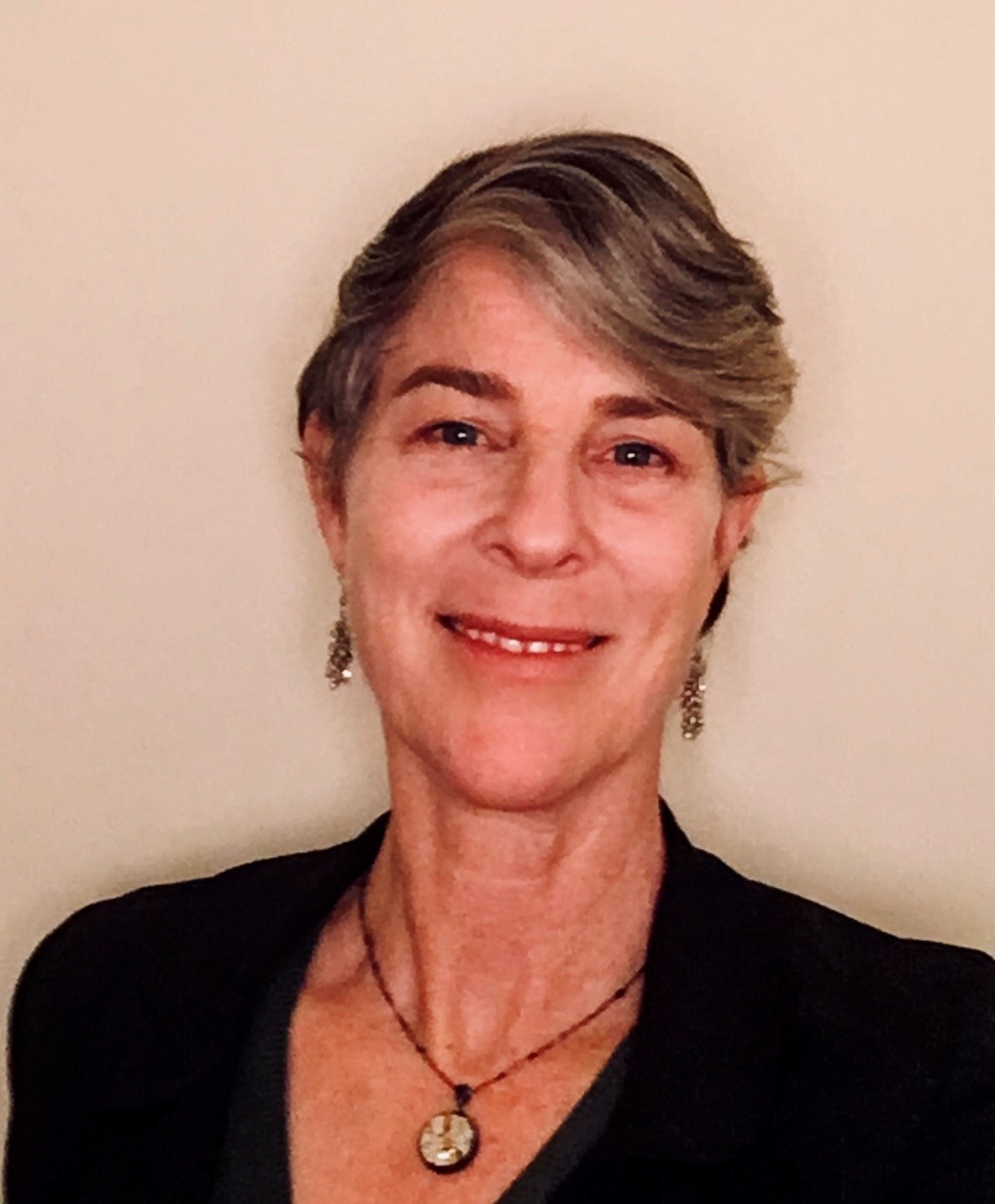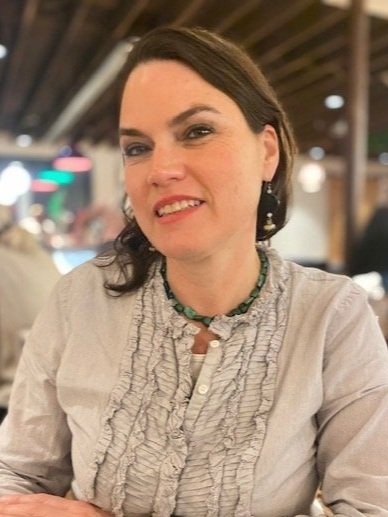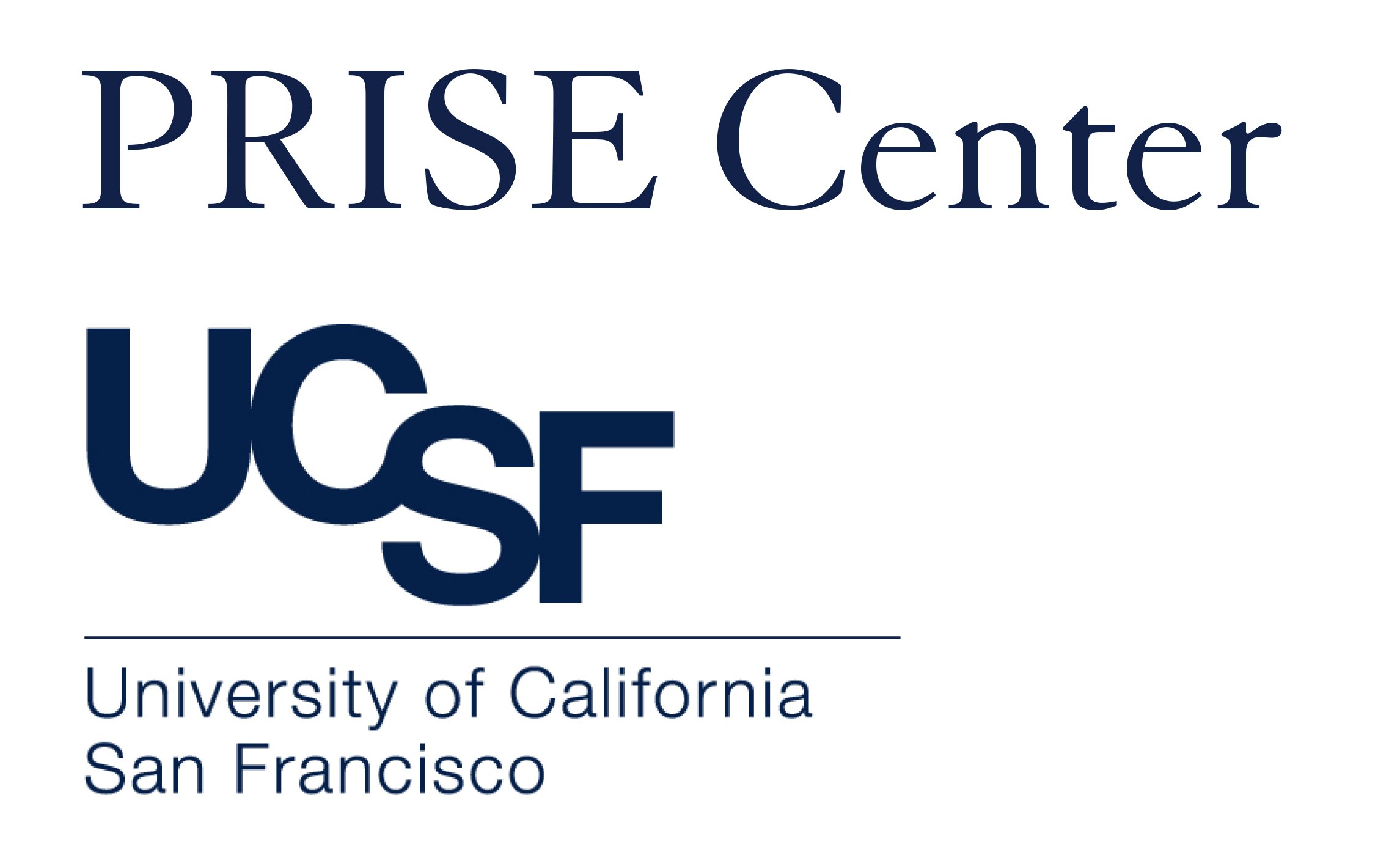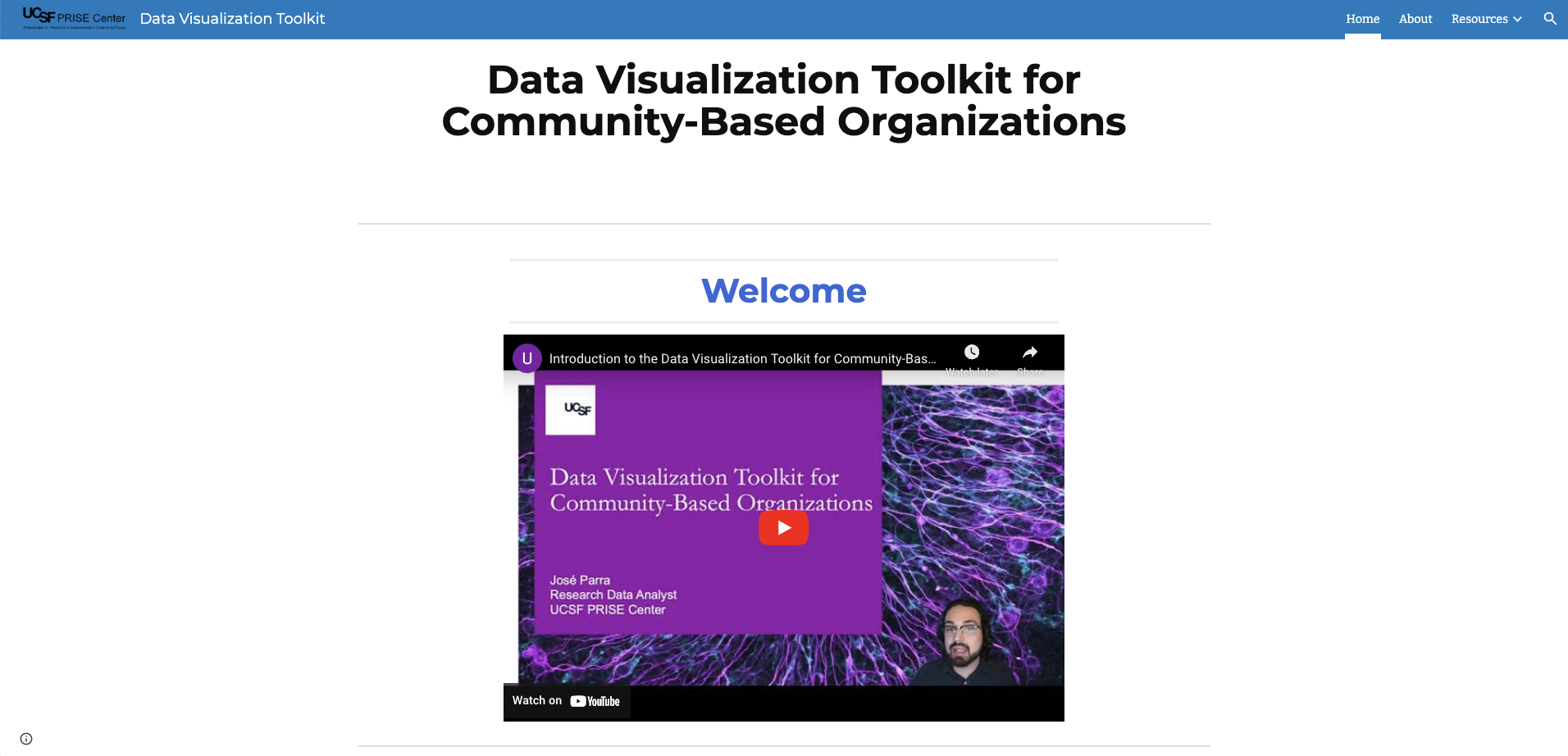Who We Are
We are a team of adult educators and public health practitioners on a mission to bring together language learning, data science, and health equity. Our passions are data, language learning, and the stories we tell about both.
Through collaboration between adult education, data science, and public health, the CJLL Initiative looks to change the way we see health data by changing the way we engage adult learners - as data creators, data storytellers, and data visualizers.
Meet the CJI Team
Maricel G. Santos
Maricel G. Santos is a Professor of English at San Francisco State University, where she teaches in the M.A. in TESOL Program. Her teaching and research areas include: socio-cognitive dimensions of L2 acquisition, health literacy, immigrant literacies, and teacher identity formation. From 2008-2013, she was a research fellow funded by a grant from the National Institutes of Health, Research Infrastructure in Minority Institutions (RIMI) program. Her health literacy research explores ways that adult ESL participation serves as a health-protective factor in immigrant communities. In collaboration with the University of California-San Francisco, she is studying the effects of peer support networks and innovative curricula on health literacy outcomes among beginning-level adult ESL learners.
María José Bastías
María José Bastías is an Ed.D. Educational Leadership candidate at San Francisco State University (SFSU). She obtained her BA in Pedagogia Media en Inglés, at Universidad Católica de la Santísima Concepción (UCSC), in her home country Chile, and her MA in English with a Concentration in TESOL at SFSU. Maria’s work and research incorporates data literacy and research justice in adult education at the instructional, curricular, and policy-making levels. She strongly believes that developing immigrant Latina and Indigenous women’s language learning, data literacy, and identity around data can impact their leadership and advocacy work in their communities.
Rebecca Kim
Rebecca Kim completed her MA in Literatures at San Francisco State University, where she also completed the Graduate Certificate in the Teaching of Composition. Rebecca continues to teach first-year writing at institutions around the San Francisco Bay Area.
Margaret Handley
Dr. Margaret Handley is a public heath-trained epidemiologist in the Departments of Epidemiology and Biostatistics and the Center for Vulnerable Populations, at the University of California San Francisco, Zuckerberg San Francisco General Hospital. She co-Directs the UCSF PRISE Center, Partnerships in Research in Implementation Science for Equity. Dr. Handley’s research focuses on health communication for improving health outcomes and equity.
Yasmin Webster-Woog
Yasmin Webster-Woog recently completed her MA in English with a Concentration in TESOL at SF State. She earned her BA in French and Francophone Studies at UC Santa Cruz. Yasmin’s pedagogical interests include contextualized instruction, critical theories about learner identity, and data literacy. While pursuing her TESOL degree at SF State, Yasmin worked as a student teacher, tutor, and volunteer for diverse learner populations: immigrant elders, beginning-level learners, and large multi-level classrooms. Since graduating, she has taught in a variety of contexts. Yasmin is devoted to acknowledging the complexities of students’ lived experiences and using learner-centered pedagogies in the classroom.
Darren Chau
Darren graduated from UC Berkeley with a degree in Molecular and Cell Biology. He is interested in addressing social determinants of health, empowering communities, and working with underserved populations. He hopes to impact these areas as a physician in the future. In his free time, he enjoys singing and experimenting in the kitchen.
Our Partners
Check out the Data Visualization Toolkit from the UCSF PRISE Center, a key part of our efforts to make data visualization tools more accessible to communities.
Communicative Justice Initiative History
Establishment
We launched the Communicative Justice Initiative in 2021 with the primary goal of advancing data justice in immigrant communities, and because we believe that adult education classrooms, and especially adult learners, play an essential role in this work.
“A lively conversation over coffee about language, community identity, and participatory meaning-making lit a spark that led to more health equity conversations.”
The beginnings of the Communicative Justice Initiative can be traced to 2006 when adult literacy researcher Maricel Santos met public health epidemiologist Margaret Handley at a conference on immigrant health in Berkeley, California. A lively conversation over coffee about the role of language, community identity, and participatory meaning-making lit a spark that led to more health equity conversations, and eventually to funded collaborations between Bay Area adult education programs and public health.
The Learners as Interpreters model, a pedagogical approach that combines English language learning with critical dialogue about public health messages.
From 2008-2009, Maricel, Margaret, and adult educator Jeff McClelland developed the learners as interpreters model, a pedagogical approach that combines English language learning with critical dialogue about public health messages. At the time, Margaret was involved in epidemiological studies of lead poisoning in California and Mexico, and she saw a critical need for improved messaging that emphasized the rich cultural connectedness associated with the transnational flow of communities and goods, not only the risks of contamination. We found that adult ESL learners’ own interpretations of lead risks could inform the creation of more engaging health messages. Jeff's classrooms brought to life learners' re-storying practices, in particular the power of their questions (e.g., what is a poison? who still uses a molcajete?). Learning to ask questions was an essential learning outcome. Ultimately we viewed their interpretive work as a “public, literate act” (Peck et al. 1995), a demonstration of the learners' right to question whose worldview is shaping public health recommendations.
Over the decade that followed, we worked with different teams of Bay Area teachers at Monterey Peninsula Unified School District, City College of San Francisco, Refugee & Immigrant Transitions, San Francisco Unified School District, and Mujeres Unidas y Activas, with a continued focus on learner re-storying, critical questioning, and interpretation of public health messaging as a social practice. With support from the Center for Vulnerable Populations at UCSF, we explored other preventive health topics including Type 2 diabetes, family nutrition, gestational diabetes, stress, healthy sleep, and chronic depression.
From 2018-2019, we partnered with Dion Zizak at Refugee & Immigrant Transitions and Maria Jose Bastias at Mujeres Unidas y Activas, and shifted our focus from learners' interpretation of health messages to more pointedly, learners' interpretation of data and engagement with data tools.
When the 2020 pandemic hit, Maria Jose was able to move her adult English language program at Mujeres Unidas y Activas online. Over the next few years, her classroom provided many women learners with a safe haven for asking questions, finding support, and building collective trust in health information during a time of so much uncertainty. Maria's teaching during the pandemic laid the groundwork for our Communicative Justice curricular framework, which we further refined with practitioner input from a technical working group and a professional study circle.
“We continue to explore the challenges facing teachers as they strive to address learners' needs with respect to health literacy, digital literacy, and data literacy.”
Currently, we continue to explore the challenges facing teachers as they strive to address learners' needs with respect to health literacy, digital literacy, and data literacy. In the current age of digital technology, it is essential that we reflect on and re-evaluate what we mean by competence in all three literacy arenas. The rapid pace of technological advancements with Big Data and generative AI can easily overshadow the good and important work around data literacy taking place in adult education classrooms. We believe all learners should have the opportunity to discover their data story-telling potential. Through interdisciplinary collaboration, we hope to expand public imagination about the adult education classroom as a 'creative data literacy space' (D’Ignazio & Bhargava, 2018) . We hope you will join us.
ABOUT OUR NAME
Our project name, the Communicative Justice Initiative (CJI), takes inspiration from the work by linguistic anthropologist Charles Briggs and public health physician Clara Mantini-Briggs (2016). Their book Tell Me Why My Children Died: Rabies, Indigenous Knowledge and Communicative Justice tells the story of a 2007-2008 pandemic that resulted in tragic loss of life, particularly among young children, in an indigenous Venezuelan community. Their ground-truthing work revealed how inequities in health outcomes reflect inequities in power over who controls the production and flow of public health messaging. As the authors write, "the labor of care is coproduced with the labor of communication about health, much of which is also performed by laypersons outside of clinical settings" (p.3).
Our initiative seeks to bring greater attention to the communication labor of laypersons in community-based classrooms: teachers and adult learners. The authors further argue that communicative justice is made possible through the radical democratization of both healthcare access and information access. The inclusion of community voices is essential to the dismantling of communicative/health injustices. Democratizing access to information and fore-grounding equity are over-arching principles in this work. Our initiative supports adult learners as data storytellers as one pathway towards communicative/health justice.
ABOUT OUR LOGO
Our logo takes inspiration from the work of sociologist and activist WEB DuBois, who viewed community engagement in data meaning-making (i.e., the collecting, interpreting and visualizing of data) as an approach to changing the way people think about themselves. In our logo, we pay homage to WeB DuBois's collection of infographics presented at the 1900 Paris Exposition, a series of charts, maps, and graphs DuBois used to depict "the color line" at work in the everyday lives of Black Americans post slavery. The CJI logo and website incorporate the colors DuBois used in several of his infographics.
One of DuBois's infographics in particular depict differences in the value of property owned by Black Americans with curved lines of different lengths that curl around each other, instead of rectangular bars in a traditional bar chart. We adapted DuBois's curvilinear design to depict the letters "C" and "J" in Communicative and Justice. And lastly, DuBois hand-drew his infographics, which reminds us of the ways our learners put markers to paper when they play with data visualizations in the classroom.
Works Cited
Peck, W. C., Flower, L., & Higgins, L. (1995). Community Literacy. College Composition and Communication, 46(2), 199–222. https://doi.org/10.2307/358428













